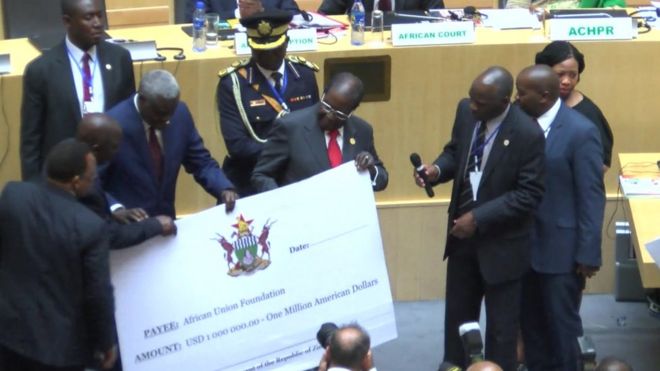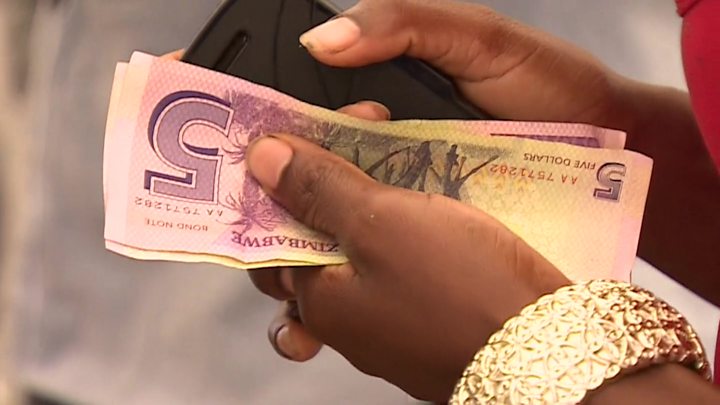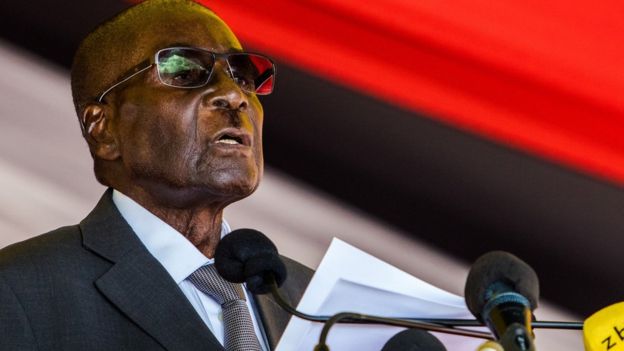KUWAIT CITY // Acting as a mediator, Kuwait has presented Qatar a list of demands from Saudi Arabia, Bahrain, the UAE and Egypt, the four Arab nations that cut ties with Qatar in early June.
Here’s the demands:
1. Curb diplomatic ties with Iran and close its diplomatic missions there. Expel members of Iran’s Revolutionary Guard from Qatar and cut off any joint military cooperation with Iran. Only trade and commerce with Iran that complies with US and international sanctions will be permitted.
2. Sever all ties to terrorist organizations, specifically the Muslim Brotherhood, ISIL, Al Qaeda, and Hizbollah. Formally declare those entities as terrorist groups.
3. Shut down Al Jazeera and its affiliate stations.
4. Shut down news outlets that Qatar funds, directly and indirectly, including Arabi21, Rassd, Al Araby Al Jadeed and Middle East Eye.
5. Immediately terminate the Turkish military presence currently in Qatar and end any joint military cooperation with Turkey inside Qatar.
6. Stop all means of funding for individuals, groups or organisations that have been designated as terrorists by Saudi Arabia, the UAE, Egypt, Bahrain, the US and other countries.
7. Hand over terrorist figures and wanted individuals from Saudi Arabia, the UAE, Egypt and Bahrain to their countries of origin. Freeze their assets, and provide any desired information about their residency, movements and finances.
8. End interference in sovereign countries’ internal affairs. Stop granting citizenship to wanted nationals from Saudi Arabia, the UAE, Egypt and Bahrain. Revoke Qatari citizenship for existing nationals where such citizenship violates those countries’ laws.
9. Stop all contacts with the political opposition in Saudi Arabia, the UAE, Egypt and Bahrain. Hand over all files detailing Qatar’s prior contacts with and support for those opposition groups.
10. Pay reparations and compensation for loss of life and other, financial losses caused by Qatar’s policies in recent years. The sum will be determined in coordination with Qatar.
11. Align itself with the other Gulf and Arab countries militarily, politically, socially and economically, as well as on economic matters, in line with an agreement reached with Saudi Arabia in 2014.
12. Agree to all the demands within 10 days of it being submitted to Qatar, or the list becomes invalid. The document doesn’t specify what the countries will do if Qatar refuses to comply.
13. Consent to monthly audits for the first year after agreeing to the demands, then once per quarter during the second year. For the following 10 years, Qatar would be monitored annually for compliance.
* Associated Press



 Image copyrightAFP/GETTY
Image copyrightAFP/GETTY